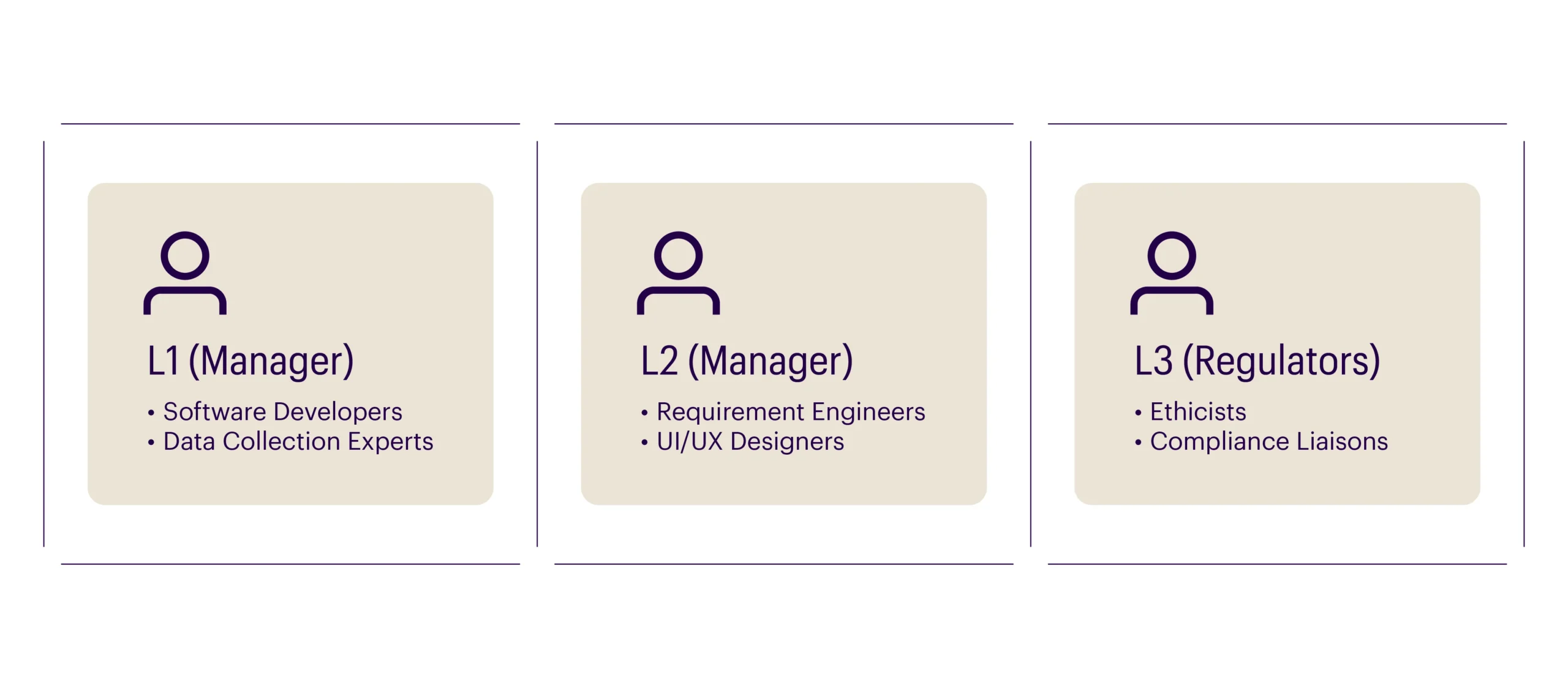The analytics industry has come a long way since its early days. From handwritten ledgers and static excel sheets to real-time decisions, businesses are ever-changing! Data practitioners of yesterday were like Swiss Army Knives – multi-functional and versatile. Just as Swiss Army Knives could be used to cut toenails, open cans, dice carrots, drive screws, scrape wires, or open a bottle, data scientists were expected to do a bit of everything.
Today, a professional chef or manicurist would never be caught using a Swiss Army Knife. In much the same way, analytics teams of today have leaned towards specialization, and we can expect to see newer roles evolve in the near future.
To understand this better, let’s first take a look at the absolute necessities in any analytics team.
Some must have roles for the teams of tomorrow:
Growth in big data jobs year-on-year is expected to be 5.5% over other jobs. Let’s take a look at new roles that will emerge.

Software developers:
It’s important that software is both usable and well-documented, and analytics offerings are product-oriented. Versatile developers and testers can help create offerings that are more impactful – by simply developing a more user-friendly platform.
Data collection experts:
Much of today’s data is collected in an ad-hoc manner. Often, due to the difficulty in collecting data, subjects who are likely to respond positively are chosen, which affects data accuracy. Furthermore, it’s seen that people who give their feedback are often those who express a positive experience–or an ‘extremely negative’ experience. Take any feedback on an Amazon product, for example, there are mostly two types of reviews: 5-star reviews and 1-star reviews. In fact, this was what drove Netflix to abandon the five-star rating system altogether and match users to content by percentages. The focus is already shifting towards data veracity.
Requirement engineers:
Data science products need to be constantly revamped based on changing business circumstances and the dynamic nature of target group preferences. Hiring a requirement engineer makes the process more comprehensive and implementable. They would be able to articulate subtle customer needs and strategize concrete plans for delivery.
UI / UX designers:
We are often confronted by needs that our stakeholders do not even realize. Designers have a knack for guessing what makes a platform intuitive. The degree of empathy in UX Designers decides how well the platform engages end-users.
Compliance liasons:
GDPR was implemented in May 2018, and more regulation is likely to follow. With more data accessible online, Europe has been on the frontlines to protect its citizens. Other nations will no doubt follow suit. If we want to use customer data, understanding legal and compliance guidelines is not a negotiation anymore – it is a mandate.
Ethicists:
2018 has been a year rife with data hacks and leaks, For the first time, the costs and repercussions of aggressive data collection and customer behavior influence is being examined under a moral lens. Cambridge Analytica informed users of data collection but not its end purpose.
The legitimacy of American elections is now questioned because of how data was collected. Ethicists can play a pivotal role in such situations, in averting largescale PR nightmares by understanding customer sensitivities better.
Conclusion:
It is time we laid organizational Swiss Army Knives to rest. The future we envision holds immense possibilities to specialize and improve productivity. Is your team on track?
Resources:
Ramachandran, Shalini, and Joe Flint. “At Netflix, Who Wins When It’s Hollywood vs. the Algorithm?” The Wall Street Journal, November 12, 2018. https://www.wsj.com/articles/at-netflix-who-wins-when-its-hollywood-vs-the-algorithm-1541826015.